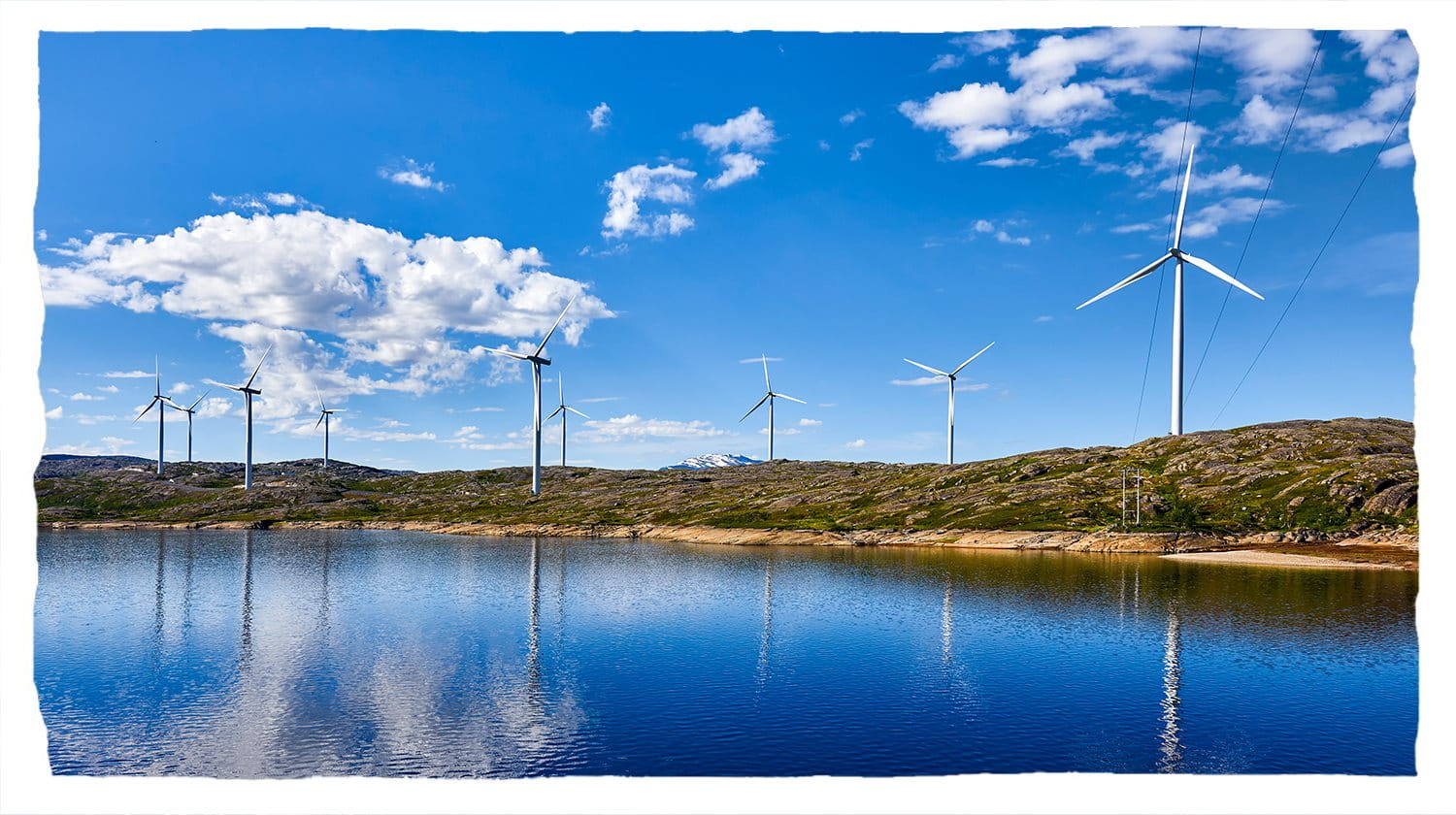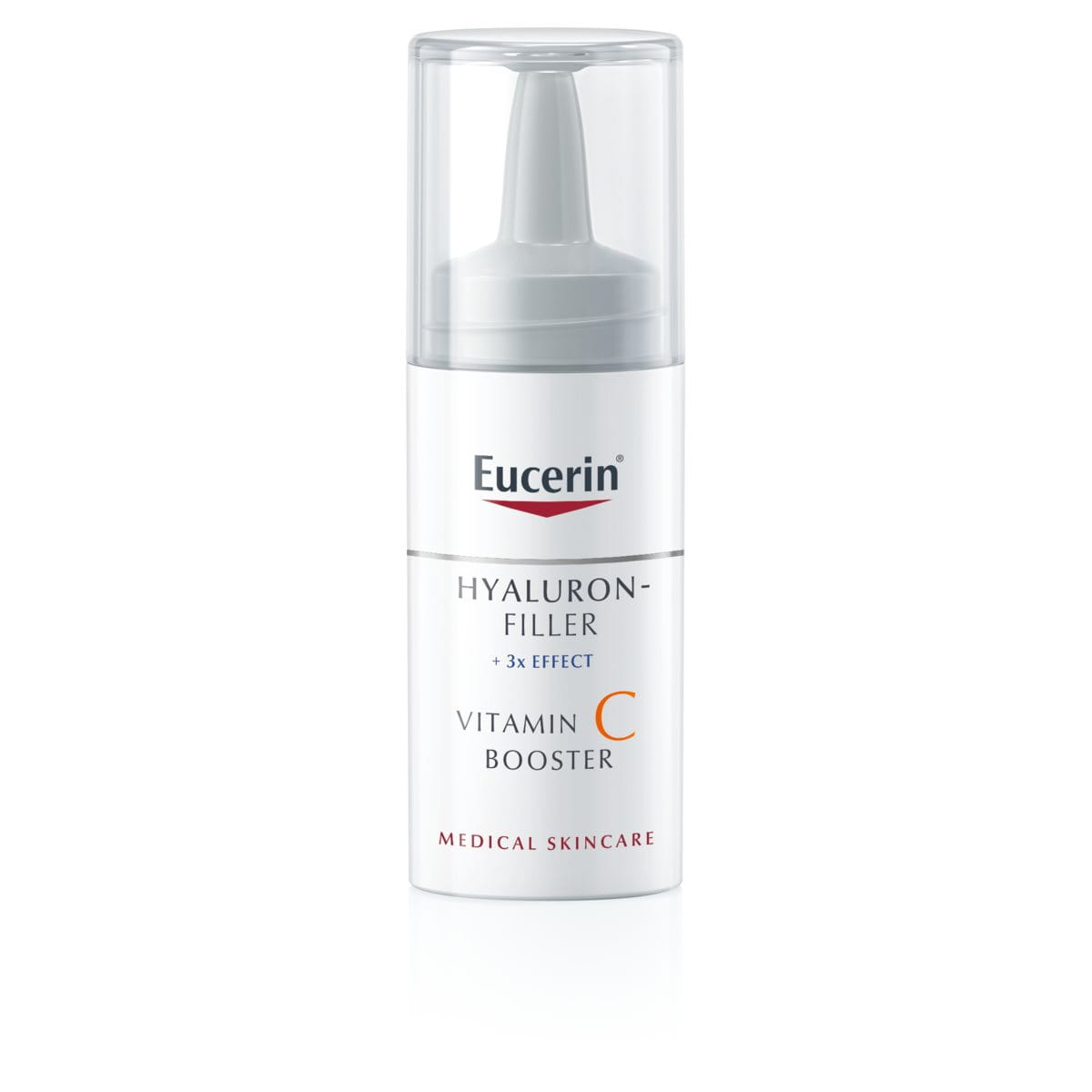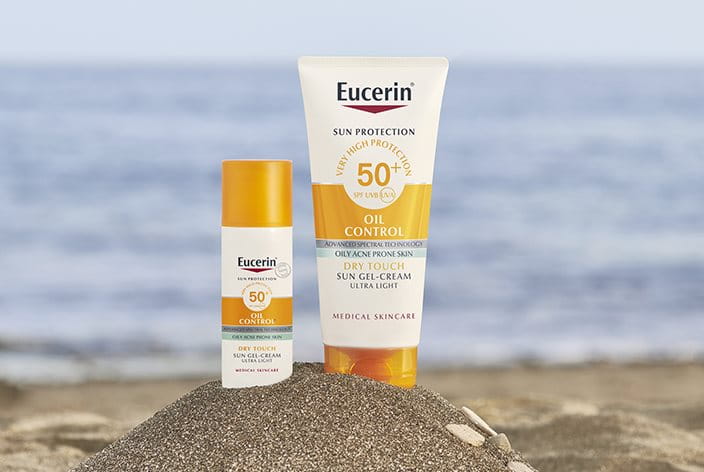At Eucerin, we take a deeper and more holistic look at sustainability. Our efforts go beyond the careful selection of ingredients for our formulations. We pay close attention to the way they are sourced, turned into dermo-cosmetic formulations at our production sites, and finally how we can work in partnership with our suppliers to advance sustainability.
Sustainability Within our Supply Chain
We work closely with suppliers in order to innovate together and continuously reduce the environmental footprint of our products. This commitment is not limited to our direct procurement of materials, but extends beyond.
Our Code of Conduct defines the social and ecological standards we abide by to achieve sustainable procurement. All Eucerin suppliers are obliged to know these standards and meet them on product quality and transparent, fair and responsible business practices.
It is a binding agreement with all our suppliers and remains a crucial criterion during selection and subsequent evaluations.
Through close cooperation with our suppliers, we maintain a sustainable supply chain. This way, we ensure all suppliers meet their social, ecological, and economic responsibilities and that our consumers receive high-quality products. In addition, we have developed specific measures for materials with particular sustainability needs, such as palm-oil-based raw materials.
Responsible Production
Energy, water, and waste are the three big factors to look at in order to run a production site in the most responsible way.

Energy
We strive to continuously reduce the greenhouse gas impact of the energy used in our production sites. By running energy efficiency programs, for example by using natural light and optimized air cooling systems, we manage to reduce the energy consumption in our production. In addition, we have switched 100% of the electricity supply for our sites to renewable sources, both in production as well as in our offices.
Water
We conduct annual risk analyses to ensure the long-term availability of water, a valuable resource, for our production sites. The goal is to minimize the respective water risk and use this resource in an efficient way. State-of-the-art wastewater treatment plants in our production centers offer a sound basis for water savings. They are also continuously developed and adapted to the respective requirements in the production facilities. By taking these measures, we aim to reduce water usage by 25% by 2025.
Waste
We have been working for years to reduce or eliminate the waste we produce. This applies particularly to our production facilities and warehouse locations. As an environmentally conscious company, we also see it as our responsibility to make the best use of unavoidable waste. For this reason, we are constantly optimizing our disposal channels and separating waste such as cardboard and paper, foil, or plastic packaging in order to return it to the material cycle, as far as the disposal structure in the respective countries allows this.
Since 2016, our own production facilities and larger logistic centers have pursued the target “Zero Waste to Landfill.” Instead, we recycle our waste or have it incinerated responsibly. We are thus making a significant contribution to environmental and climate protection.
Working in Partnership
We believe that real progress in sustainability can only be achieved by engaging everyone within our value chain. Therefore, we are in close and transparent dialogue with our partners.
Suppliers
We have established a strategic supplier management system based on regular dialogue and joint projects to ensure that our high standards on product quality, working conditions, and environmental protection are maintained.
Employees
As a global company, we are committed to fair working conditions and transparent cooperation based on mutual respect with all participants along the value chain. We involve our employees in our sustainability initiatives and foster personal commitment from individuals and as a team.
Consumers
We communicate openly with consumers about our commitment to sustainability and efforts to find sustainable product solutions. We also try to create products that allow consumers to live according to their values by offering refills and other eco-friendly solutions.
Non-profit Organizations
We believe active and open exchange with NPOs (non-profit organizations) on sustainability issues is mutually beneficial. Therefore we work closely with NPOs to address topics such as the palm oil supply chain and climate change.









